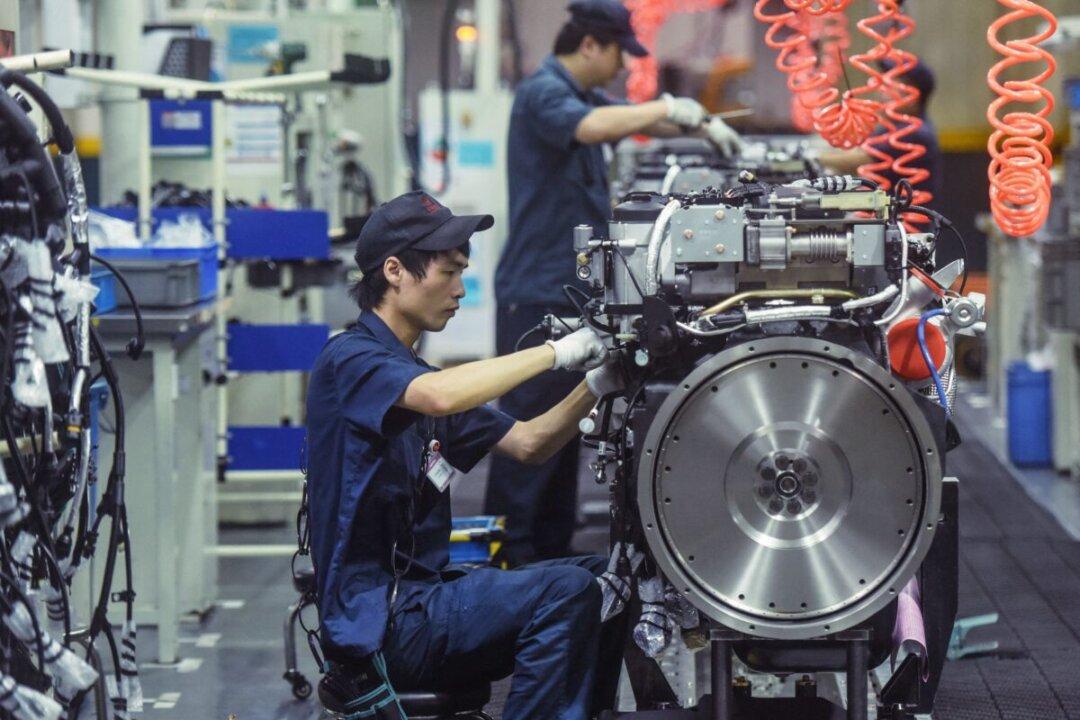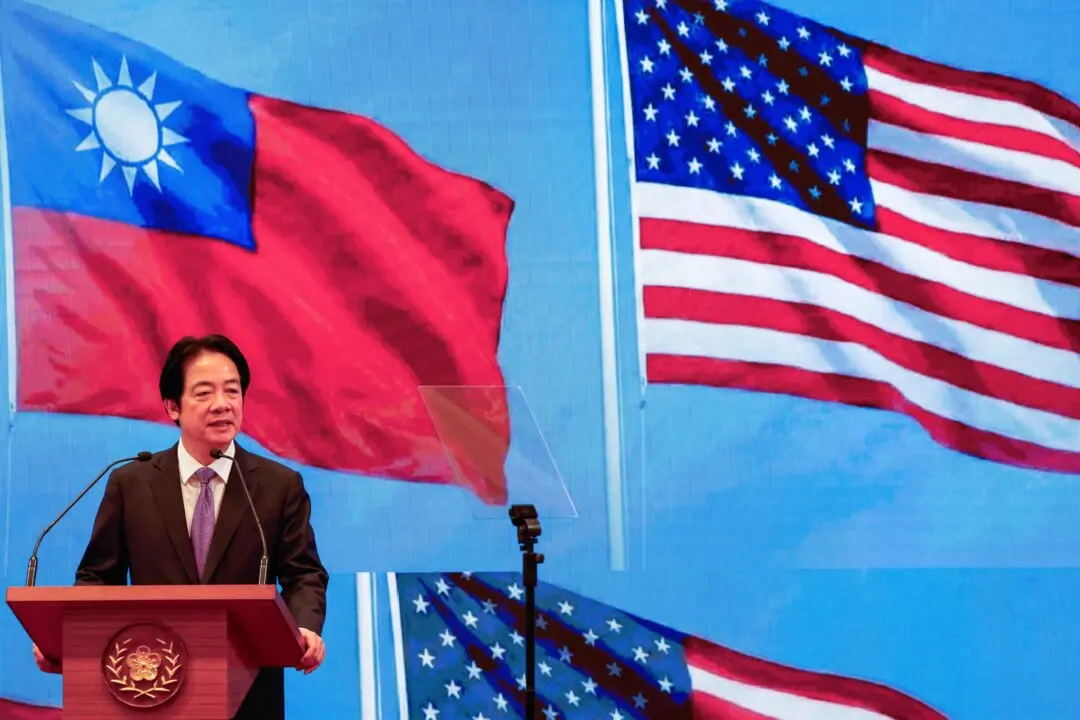In China, there are two “different sets of books” depicting the state of the country’s economy. One set conforms to the official line promulgated by the ruling Communist Party, but it’s made up of fake data. This version is public. The other set contains the real data, but this set can only be accessed by Party officials or bought on the black market.
That’s according to Christopher Balding, who taught economics at Peking University Business School in Shenzhen for nine years, until 2018. That year, Balding lost his post at the university after voicing concerns about Beijing’s censorship practices. He then left China, citing concerns for his safety.





